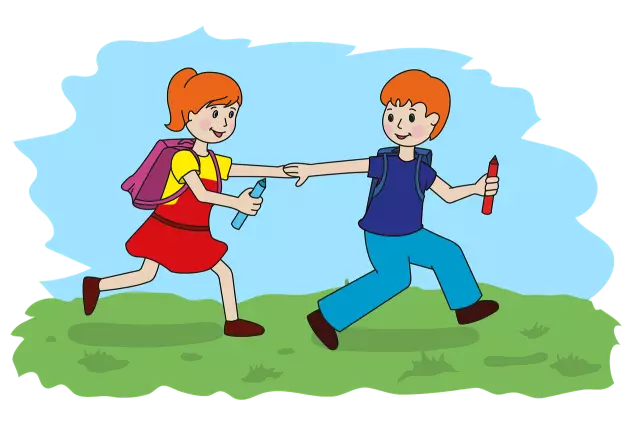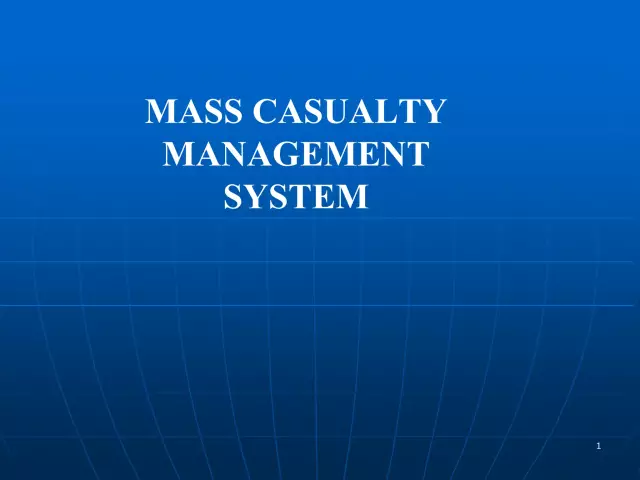- Author Rachel Wainwright wainwright@abchealthonline.com.
- Public 2023-12-15 07:39.
- Last modified 2025-11-02 20:14.
Methods of educating schoolchildren
The methods of upbringing schoolchildren are pedagogical methods aimed at the formation and development of the child's personality, his views, values, beliefs and habits.

Features of methods of education of schoolchildren
The methods of education at school are selected depending on the educational situation, the degree of effectiveness of education for a particular child, his age and individual characteristics. The methods are closely related to the methods and means of education, which include labor, regime and creativity.
Modern methods of education at school can be divided into general and private. The methods ensure the effectiveness of education and the educational process.
The choice of the method of educating schoolchildren depends on the following factors:
- age characteristics of the child;
- the social environment, beliefs and skills of the child;
- individual characteristics of the child, including abilities, priorities, inclinations and interests, behavior and consciousness;
- psychological characteristics;
- problems, lags and shortcomings in the development and upbringing of the child.
The main methods of educating younger students
The methods of upbringing primary schoolchildren are the key to the further correct formation of the child's personality, his attitude to people and the world around him.
An important aspect of upbringing schoolchildren is work, which is a method of developing willpower, responsibility and endurance. Labor is necessary from an early age, but the labor process should be monitored and the child should not be overloaded.
The main method of educating schoolchildren is the formation of beliefs. This method includes conversation, dialogue, example, clarification, play, and creativity. With the help of these methods of developing willpower, understanding and responsibility, views on life, moral standards and the foundations of correct behavior are formed.
The method of explanation consists in presenting to the child the concepts of behavior in society, school regime, rights and obligations, moral norms. This method is often combined with other parenting methods (conversation, dialogue, and a visual example).
The conversation is aimed at the formation of psychological characteristics of the child's personality, interests and life principles. The conversation can be frontal and individual, as well as with the formation of certain questions for schoolchildren, tasks with the achievement of results and conclusions. Questions should encourage students to think and reason, arouse lively interest and be relevant. In the course of the conversation, students should form their attitude to public life and events in it. At the end of the conversation, it is necessary to summarize and generalize the thoughts of the students.
The most important initial method of upbringing schoolchildren is a role model, which affects the perception and consciousness of students, forming in them moral and moral guidelines in life. An example to follow can be both real people (parents, relatives, friends, teachers, etc.) and fairy-tale characters, saints, fictional and mythical heroes. At the heart of imitation should be the desire to improve in virtue, morality, physical and spiritual deeds. The child should connect positive examples with his life and actions.
An example to follow, as a method of educating schoolchildren, allows the teacher to concretize and prove certain theoretical information, moral norms and the foundations of moral behavior. It is important for a teacher to deeply reveal the presented example for imitation, since a superficial acquaintance and the lack of emotional disclosure of an example does not carry an educational character for students.
This method of upbringing at school can be not only positive, but also negative. The example can be negative for contrasting and illustrating wrong actions and actions that are blameworthy and should not be done.
Effective methods of upbringing primary schoolchildren can be presented in play, cognitive, physical and creative forms. An important task for parents and teachers is to maintain the child's interest, involve him in the upbringing process and reveal the inherent potential.
Teens parenting methods
The methods of educating adolescents include conversation, lecture and debate. In high school, conversations should be aimed at forming a civic position, awareness of their duty, responsibilities and life principles. The teacher should motivate students, encourage discussion of a specific topic and summarize conclusions.
Analogies, comparisons and comparisons have a positive effect on conversation. Older students need to be involved in the discussion process, discover new knowledge and prove their reasoning.
A lecture as a method of educating schoolchildren consists in verbal presentation of the material and a lively discussion of the knowledge gained.

After the main part of the lecture, students should ask incomprehensible or clarifying questions in order to most effectively assimilate the material covered. The theoretical part of the lecture should be closely related to practical experience. Lectures can be conducted in various forms, including using audio and video materials, visual aids. The cinema lecture hall is most effective for older students, helping to consistently, clearly and colorfully present the material.
The methods of educating adolescents include a dispute, which is open, lively and dynamic communication, exchange of views and discussion. During a dispute, it is important not to switch to an emotional showdown and a sharp proof of your opinion. Pupils during the dispute should use their knowledge, erudition, logic, culture of communication and temperament. As part of the debate, you can discuss the main topic of the lesson, literary work, events in society, articles and films.
The methods of upbringing schoolchildren form ideological concepts and foundations of morality, appealing to the intellect, emotions and feelings of the student.
Found a mistake in the text? Select it and press Ctrl + Enter.






